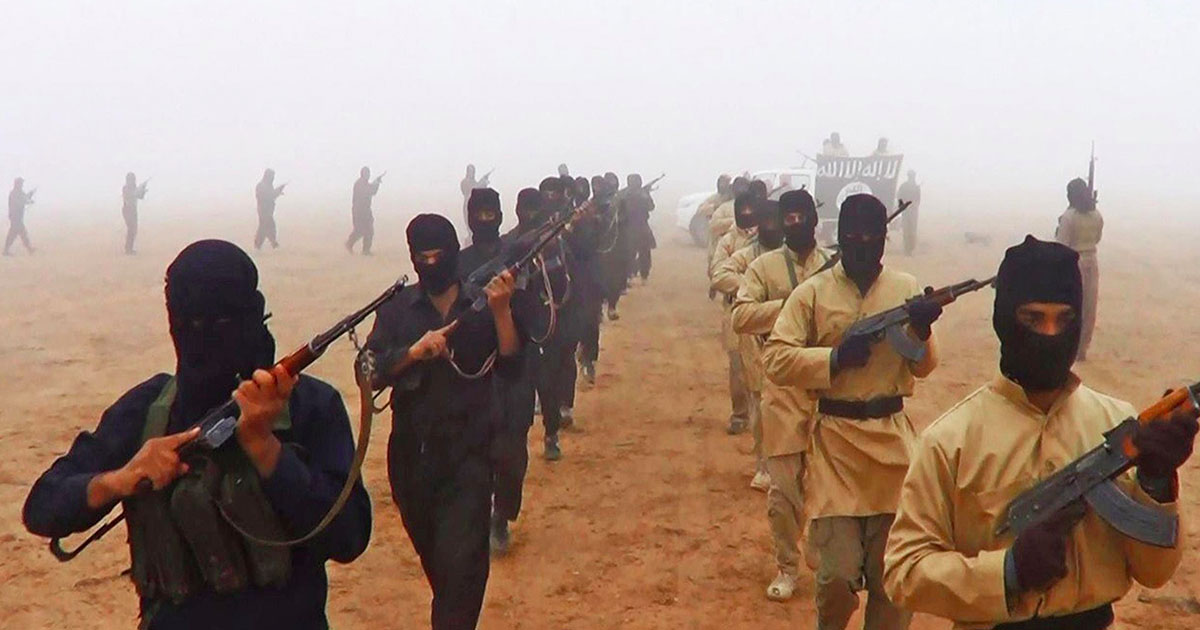Who Really Suffers the Most From Religious Extremism

By:
A suicide bombing in Iraq has killed at least 29 people and injured 60 more at a soccer stadium near the capital of Baghdad on Friday. While no group has yet claimed responsibility for the attack, authorities say it appears to follow a pattern of violence carried out by the so-called Islamic State in recent months, which raises an important question: Who really suffers the most from religious extremism?
 YouTube/David Pakman Show
YouTube/David Pakman Show
Extremist violence in European countries such as France and Belgium — where terrorist attacks left 130 and 31 people dead, respectively — tend to elicit the most visceral reactions from western leaders and media, often lending to misperceptions about the victims of radical Islamic terrorism. In the days following the Brussels attack, renewed calls for travel and immigration restrictions were proposed by European and American leaders, fearful of future attacks. There's no doubt that westerners are frequent targets of religious extremism, of course, but upon examining the statistics on global terrorism, you will find that Muslims bear the brunt of extremist violence.
Here's who suffers most from global terrorism.
A 2011 report from the U.S. National Counterterrorism Center determined that "[i]n cases where the religious affiliation of terrorism casualties could be determined, Muslims suffered between 82 and 97 percent of terrorism-related fatalities over the past five years." The reported added: "Muslim majority countries bore the greatest number of attacks involving 10 or more deaths, with Afghanistan sustaining the highest number (47), followed by Iraq (44), Pakistan (37), Somalia (28), and Nigeria (12)."
Friday's attack near Baghdad represents just one of several terrorist attacks carried out against Muslims in the region this year. Just last week, ISIS-affiliated suicide bombers killed at least 47 Iraqi soldiers in a series of attacks believed to be related to ongoing efforts by the Iraqi military to reclaim territory seized by the terrorist group. But the daily toll of violence in countries with majority Muslim populations is frequently overlooked by international observers.
"When people in the West think of terrorist attacks, they may think of Charlie Hebdo, or the 7/7 London tube and bus bombs, the Madrid train bombs and of course 9/11 — and although some Muslims did die in these attacks, most of the victims wouldn't have been Muslim," the BBC reports. "The overall number of deadly terrorist attacks in France, the UK, Spain and the US, however, is very low by international standards."
How Americans respond to terrorism abroad.
In America, meanwhile, fear of religious extremism in the aftermath of violence abroad has led to spikes in Islamophobia, sometimes echoed in presidential debates. In response to the ISIS-led attacks in Brussels on Tuesday, for example, GOP front-runner Donald Trump reasserted his call for a ban on Muslim immigration to the U.S. He tweeted on Thursday: "Europe and the U.S. must immediately stop taking in people from Syria. This will be the destruction of civilization as we know it! So sad!"
But bans on Muslim immigration — and likewise, calls to deny Syrian refugees entry to the U.S. — seem counterintuitive given the fact that Muslims, particularly in countries prone to violence, are the most likely victims of religious extremism.
"There is a sad irony in how Muslims are the largest victims of terrorism yet also receive the most hatred for it," the Huffington Post reports. "Just as it would be wrong to blame African Americans for slavery, starving children for world hunger, and toddlers for school shootings, it is equally wrong to blame Muslims for terrorism when we are always the victims of it."
